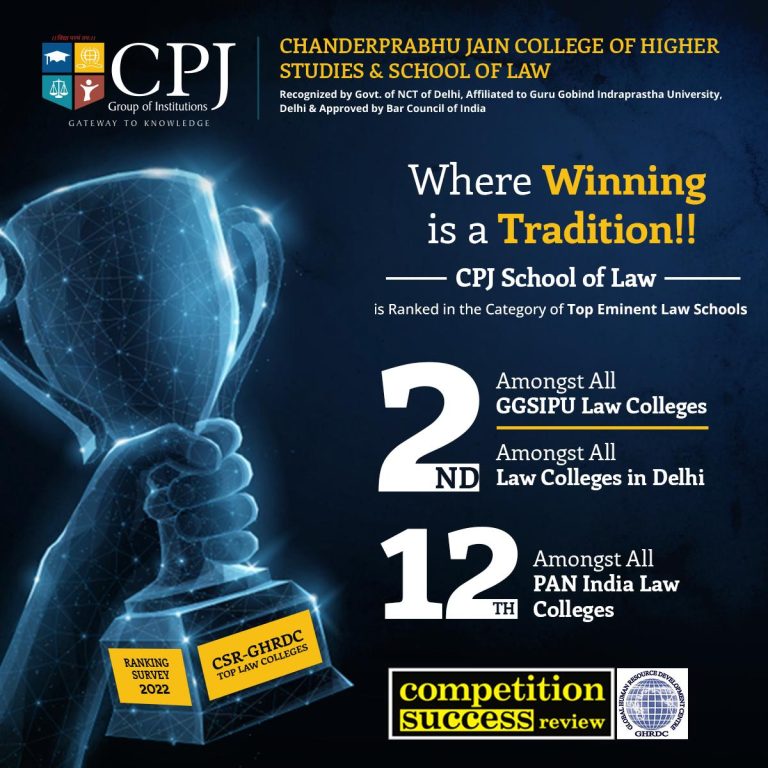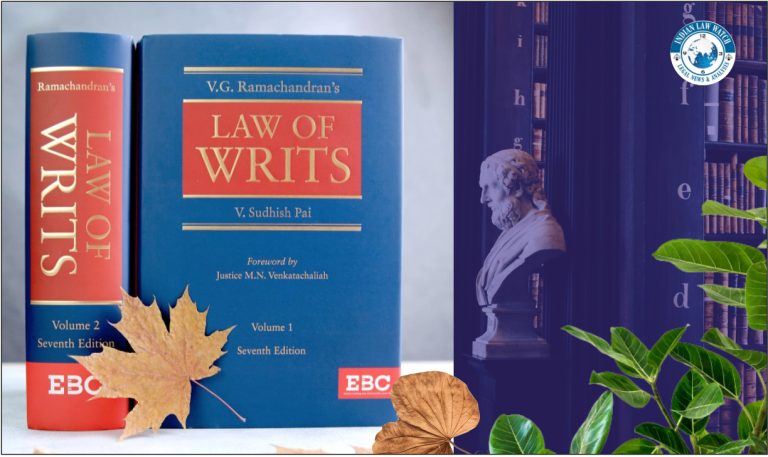
The book How to Argue and Win Every Time is written by well-known US based, semi-retired trial advocate and author, Gerry Spence.
About the Author
The author is an attorney from Jackson Hole, Wyoming, who has handled some very high-profile cases during his course as an advocate, including the Karen Silkwood trial, on the basis of which the movie Silkwood also came up in the subsequent years. His whole life and livelihood depend upon successfully arguing on behalf of his clients. At the time he published this book in 1995, the author had a remarkable record of never losing a criminal trial.
Gerry Spence, born, reared and educated in Wyoming, is recognized nationwide for his legacy of powerful courtroom victories. He graduated cum laude from the University of Wyoming Law School in 1952, and has spent his lifetime representing the poor, the injured, the forgotten and the damned against what he calls “the new slave master,” a combine of mammoth corporations and gargantuan government.
He is the founder of Lawyers and Advocates for Wyoming, also a pro bono law firm representing the indigent. Spence has received numerous awards including an Honorary Doctor of Laws degree from the University of Wyoming; in 2008 he received the first Lifetime Achievement Award from the Consumer Attorneys of California (formerly California Trial Lawyers Association.) In 2009 he was inducted into the American Trial Lawyers Hall of Fame, which includes John Adams and Clarence Darrow. He was honoured for law and letters by the American Academy of Achievement. This year the Wyoming State Bar honoured Gerry with a 60-year achievement award for his lifetime of service to the people of Wyoming.
Spence is the author of eighteen nationally published books
A Book Review
It’s appropriate, then, that the author has developed a personal philosophy of argument that he shares in this book. Moreover, the book revolves around the philosophy of argument as formulated by the author himself. The language which is used in the book is lucid yet simple and is written in a communicative manner, where the author discusses various lacunas in the argument arrangement of various sets of people.
He argues that putting arguments in the right manner is just a piece in a jigsaw puzzle, which fits into frame communication in a holistic manner.
The author differentiates between the various steps which further aid in laying the foundation of raising an argument. According to Spence, argument raising is a fundamental step of human society and it can be achieved only when the people are able to express themselves freely.
There are two main concepts that the author explains which any person can use to become more successful in business and in life.
First, to win an argument, exhaustive preparation is essential. The most prepared person will usually win. In the preparation process, you must thoroughly research and understand your case, and you must also thoroughly research and understand your opponent’s position. You should know and understand the facts and arguments of your opponent better than he or she does.
Second, you must have a profound understanding of the thinking and emotions of the decision-maker(s) – in his case, the jury. Your argument should be framed to harmonize with the decision makers’ values, wants and needs. You must understand the prejudices of the jurors and address the built-in objections they may have to your arguments. You must help them to understand the motives of your client and identify with them as their own. In other words, empathize with the jurors and help them empathize with your client.
Furthermore, he also emphasizes that, in order for the jurors to believe your arguments, you must argue from your own sincere belief. You also have to talk to them in their own language, treat them with respect and relate with them so they can relate back to you. If you act superior to them, you will probably make them your enemies and never gain their trust.
The author also articulates that, in your personal relationships, you may find the only way to win an argument is to lose. If the only way to win your point is to destroy the relationship, you may find it’s better to concede. The book is a generalised view of the author’s personal philosophy regarding the argument presented and how it is important to acquire observation and listening skills to be more confident while putting forward the argument.
Gerry Spence, the noted trial lawyer, says we were born to make the winning argument as we were born to walk. But the argument is an art as well as a technique to be learned.
The winning argument starts with a mindset, one that gives you permission to argue freely when an argument has been the forbidden fruit of your childhood. Spence teaches you how to get beyond the fear and to use this fear as your ally. He shows you that when your argument emerges from your own authority, the argument will not only be the winning argument, it will be unique among all arguments.
This book is worth reading for those who believe in improving their communication skills and master the art to be more convincing in front of anyone. The practical examples used by the author helps you to relate more efficiently and though the book is written from an individual perspective it gives a direction as to how to reach your goal in an impeccable manner and excel in each field of life and profession.
Link for the Book
Disclaimer: The book review is a subjective and personal opinion of the reviewer.
BOOK REVIEW COMPILED BY:
SNEHAL ASTHANA
Law Intern, Indian Law Watch (March 2021-2022)
She was an Editor of School News Letter, Milestones, in the year 2017-18. Stood 2nd in 12th std in Humanities and awarded top scorer in Economics. Took part in school debate competition and won first prize and won the prize in self composed poem recitation in school in the year 2015. Took part in the Mock parliament competition and won best speaker award.A research paper presented on the topic “On Line Dispute Resolution-Application" Won first prize in Poetry Competition held by the Abhivyakti Club, USS. Participated in National Client Counseling Competition organized by NorthCap University.







